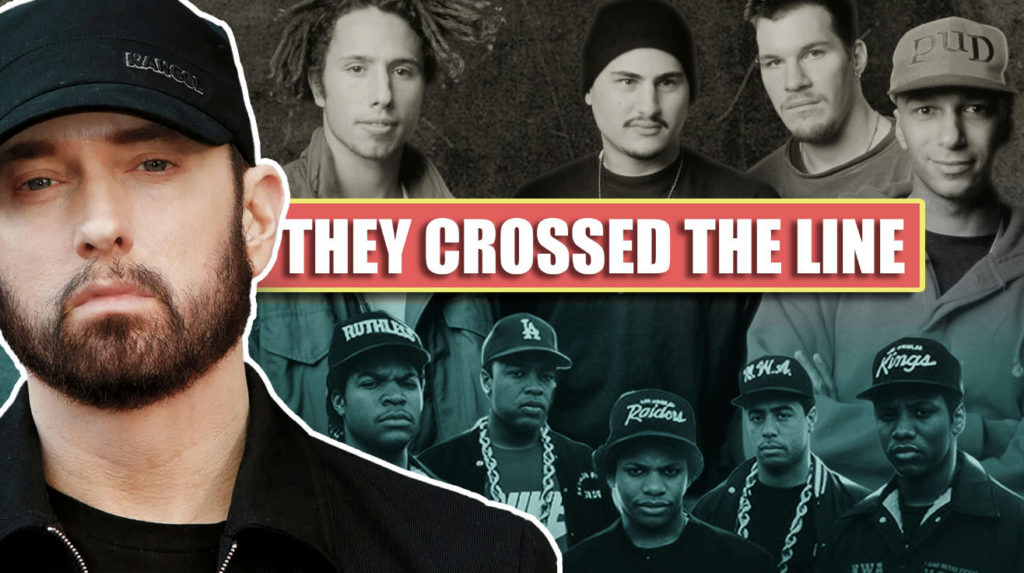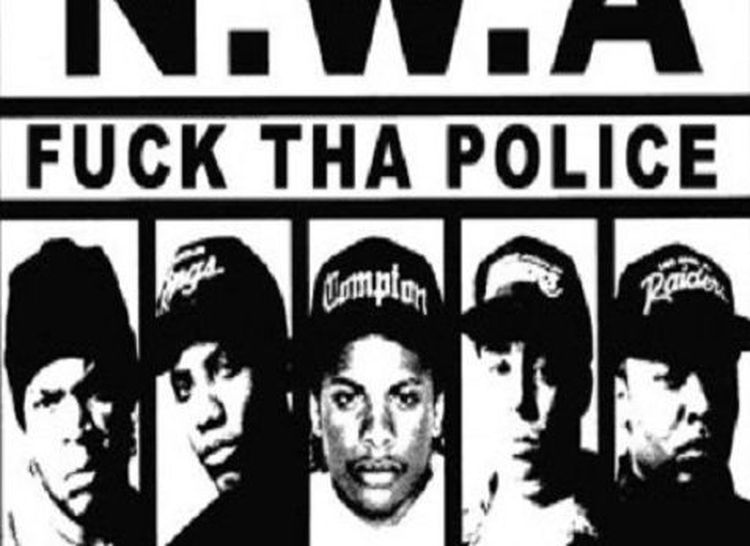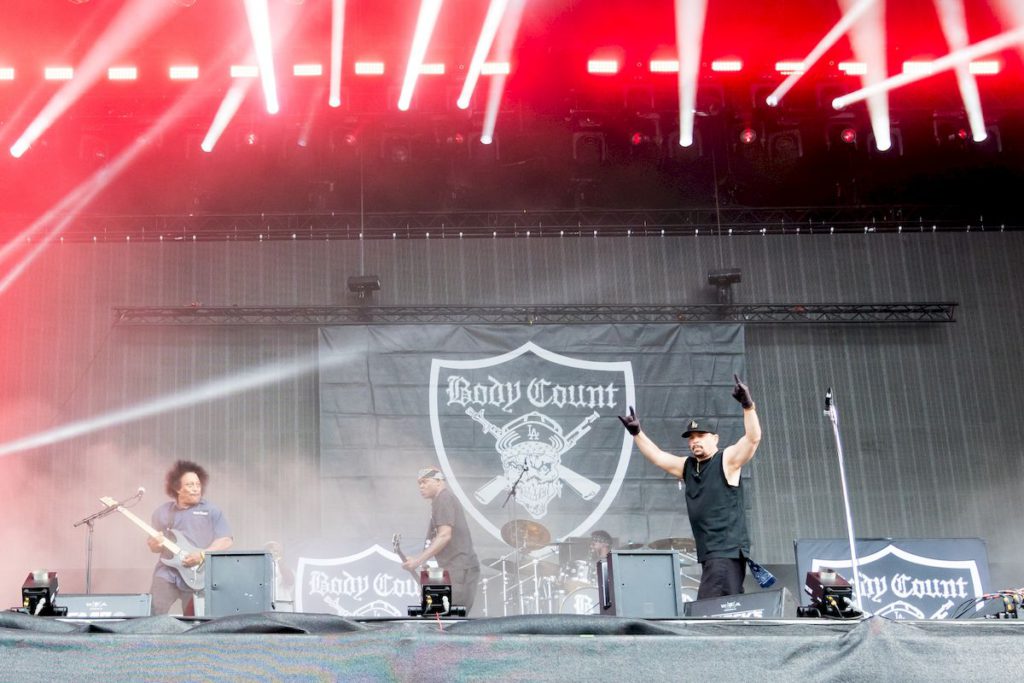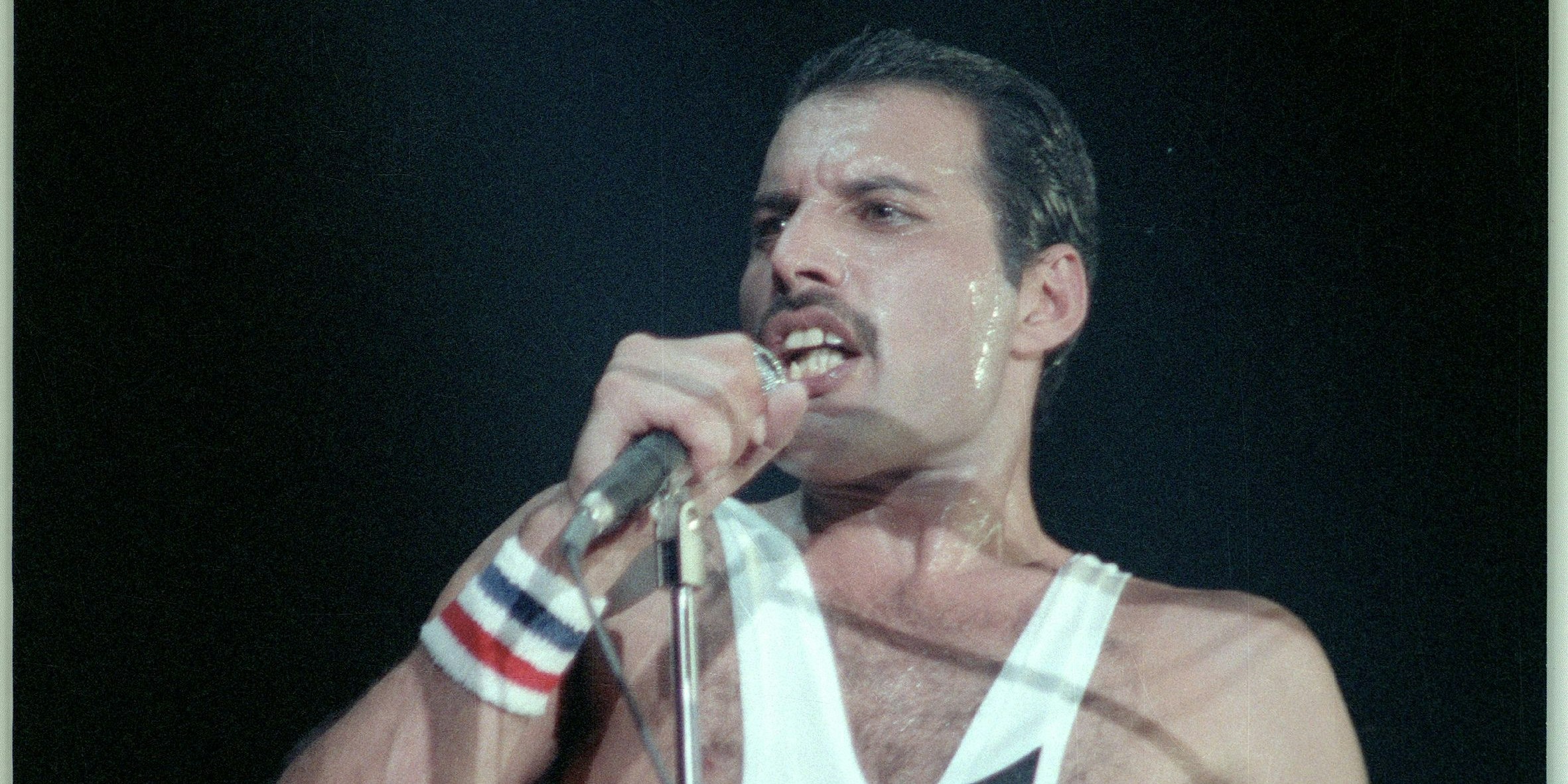
Music hits like that first sip of morning coffee—sometimes delightful, sometimes enough to make entire communities clutch their pearls in horror. When certain tunes slide into our cultural soundtrack, they don’t just entertain—they unleash the kind of pearl-clutching that makes Facebook comment sections look like diplomatic summits.
10: Killing In The Name – Rage Against the Machine (1992)

“Killing In The Name” burst onto the scene following the Rodney King incident. This track tackled police brutality with zero subtlety, making censors work overtime. Radio stations treated the song’s profanity like it was radioactive.
Yet somehow the track resonated with millions of frustrated listeners. By 2009, UK fans transformed it into an unlikely Christmas #1 hit, proving that public perception can evolve dramatically. The song that scandalized a generation became a rebellious holiday tradition.
9: Bobby Brown Goes Down – Frank Zappa (1979)

Frank Zappa’s “Bobby Brown Goes Down” is that awkward party joke that divides the room. The track serves up toxic masculinity with a side of satire that few found palatable in America.
American radio stations banned it completely. Meanwhile, Europeans embraced it enthusiastically. The song’s ambiguity created countless interpretations, leaving listeners wondering if they should laugh or be offended. Many managed to do both simultaneously.
8: God Save the Queen – Sex Pistols (1977)

The Sex Pistols released their anti-monarchy anthem during Queen Elizabeth II’s Silver Jubilee celebration. The timing was deliberately provocative. The British establishment responded with immediate censorship.
Despite being banished from airwaves, the song climbed the charts spectacularly. The BBC pretended it didn’t exist (the classic “if we ignore it, it will go away” strategy). This musical rebellion became the soundtrack for youth who found jubilee celebrations thoroughly uninspiring.
7: F** tha Police – NWA (1988)

NWA’s bluntly-titled anthem landed with seismic impact in 1988. Structured as a mock trial against police, this confrontational track prompted the FBI to send warning letters to the group’s record label.
Law enforcement nationwide condemned it vehemently. Yet for communities experiencing police misconduct, it became an unofficial anthem. Three decades later, the song remains relevant during protests against systemic racism, outlasting most cultural artifacts from the 80s.
6: Try That In A Small Town – Jason Aldean (2023)

Jason Aldean’s “Try That In A Small Town” created an immediate cultural divide. The song portrays cities as crime-ridden while depicting small towns as bastions of vigilante justice.
The controversy intensified when people discovered the music video was filmed at a courthouse with a lynching history. CMT quickly pulled it from rotation. The resulting debate about America’s urban-rural divide showed how music still ignites cultural tensions in the 2020s.
5: Angel of Death – Slayer (1986)

Slayer’s “Angel of Death” about Josef Mengele’s Auschwitz experiments was hardly designed for radio play. Songwriter Jeff Hanneman soon faced accusations of Nazi sympathies, which he vigorously denied.
Critics debated the song’s intentions intensely. Slayer maintained they were simply documenting history, not endorsing it. The controversy only strengthened their reputation as metal’s boundary-pushers, making their concerts even more notorious.
4: Get Your Gunn – Marilyn Manson (1994)

Marilyn Manson’s “Get Your Gunn” referenced an abortion doctor’s murder while incorporating suicide audio samples. The track was controversial from day one.
After Columbine, parents and politicians blamed Manson for inspiring violence. The artist fired back, criticizing America’s tendency to scapegoat artistic expression rather than address deeper societal issues. This controversy preceded similar debates about video games, social media, and other supposed corruptors of youth.
3: Lemon Incest – Serge Gainsbourg and Charlotte Gainsbourg (1984)

The Gainsbourgs—father Serge and daughter Charlotte—tested artistic boundaries with “Lemon Incest.” The title alone generated immediate outrage across France and beyond.
This father-daughter musical collaboration crossed lines that most considered sacred. Charlotte later defended it as innocent family affection. Serge’s already controversial reputation only intensified the scandal, making the song a permanent fixture in debates about artistic freedom versus ethical boundaries.
2: Cop Killer – Body Count (1992)

Body Count’s “Cop Killer” provoked unprecedented outrage in 1992. Ice-T’s metal band crafted a revenge fantasy that had police associations demanding immediate action.
Even President Bush joined the chorus of condemnation. Time Warner eventually removed the song from the album entirely. Ice-T insisted it was merely character-driven storytelling, not incitement. The controversy highlighted America’s complicated relationship with free expression—we celebrate it until it makes us uncomfortable.
1: Kim – Eminem (2000)

Eminem’s “Kim” chronicles his troubled relationship with Kim Scott with shocking intensity. First-time listeners typically cycle through shock, horror, discomfort, and frantic searching for the skip button.
The track never received radio play for obvious reasons. It represents the intersection of personal trauma, raw emotion, and graphic storytelling that pushed far beyond mainstream comfort zones. The song remains one of music’s most disturbing experiences—memorable but not one most people willingly revisit.





















